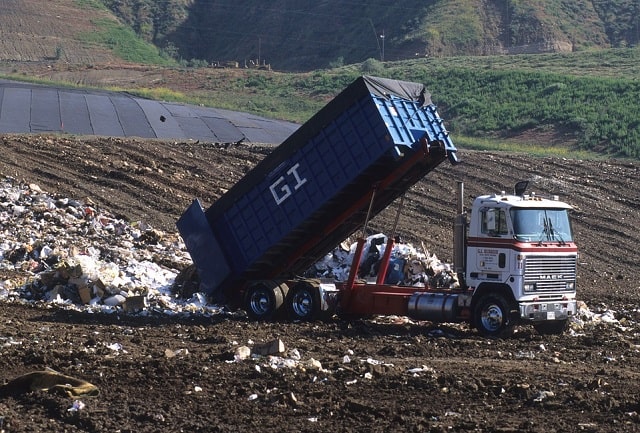
The Imperial College of London has an active deep-rooted interest in ensuring that waste is dealt with in a sustainable manner. The College realized that there were several parties that were involved in the generation of waste at the institution, including College operations, use of materials, and the numerous communities available. It has, therefore, recognized the significance of its role in joining hands with others to minimize or avoid activities that can lead to waste generation. This also involves working with advanced rubbish removal companies to help minimize trash and fight the progressive damage of climate change.
Reducing The Waste Being Sent To Overflowing Landfills
After careful analysis, the Imperial College realized that the most cost-efficient approach was for it to assist students and staff to avoid waste generation. If waste cant be avoided, then the policy should be to minimize it. This would include facilitating its use as a possible resource, and in mitigating the effect it has on the environment and surrounding community. The College voted to lead rubbish removal London effort, by putting in place policies and measures that would reduce the amount of waste generated by its activities and operations. Recycling and re-using efforts would also need to be increased to ensure that everyone on campus practices a responsible approach to waste.
There is an initiative in place to liaise with various departments to ensure that everyone makes a contribution to waste reduction efforts. Imperial College has made a commitment to abide by the hierarchy policy. The policy involves prioritizing reduction and avoidance of waste, followed by reusing, recycling, and then composting. It also involves looking into other value delivery methods such as producing energy from waste. To help reduce the rubbish finding its way into landfills, there will be a need to comply with statutory policies. The policies involve ensuring that the rubbish removal London service providers get to divert biodegradable waste from the landfills whenever they can.
For toxic waste and other specialist wastes, waste removal service providers should liaise with environmental agencies to guarantee safe disposal. For this program to work, various partnerships will need to be made. Some will involve working with faculty and students, while others will target local residents. The aim of these partnerships is to pursue waste opportunities that will make it easier to manage waste coming from all streams in a more coordinated manner. It will involve pursuing chances to work with departments in the College to assist in reducing waste coming from research. Recycling and reusing efforts will also need to be promoted. We can't continue to day trade our environmental future for short gains or just maintaining the status quo in our economy.
Going forward, waste should be seen as a resource that can be reused and recycled to come up with secondary raw materials. Waste Targets The Imperial College of London was the first institution of higher learning to commit to the Waste Resources and Action Programme Scheme (WRAP). The program aims to halve the amount of construction waste finding its way to local landfills. According to the program, this well designed strategy can easily be achieved by:
• Improving the overall amount of waste that gets recycled
• Improving the quantity of re-use
• Reducing the amount of waste that is generated by the community
It has a nationwide coverage facilitated by the presence of its vehicles all over the UK. The company is contributing towards reducing the amount of rubbish that finds its way into landfills by making sure that 95% of the waste it collects gets diverted from landfills. It has also put in place measures to try and offset the carbon produced by its vehicles by 150 percent. This can make a major difference in the constant fight for climate change prevention.
